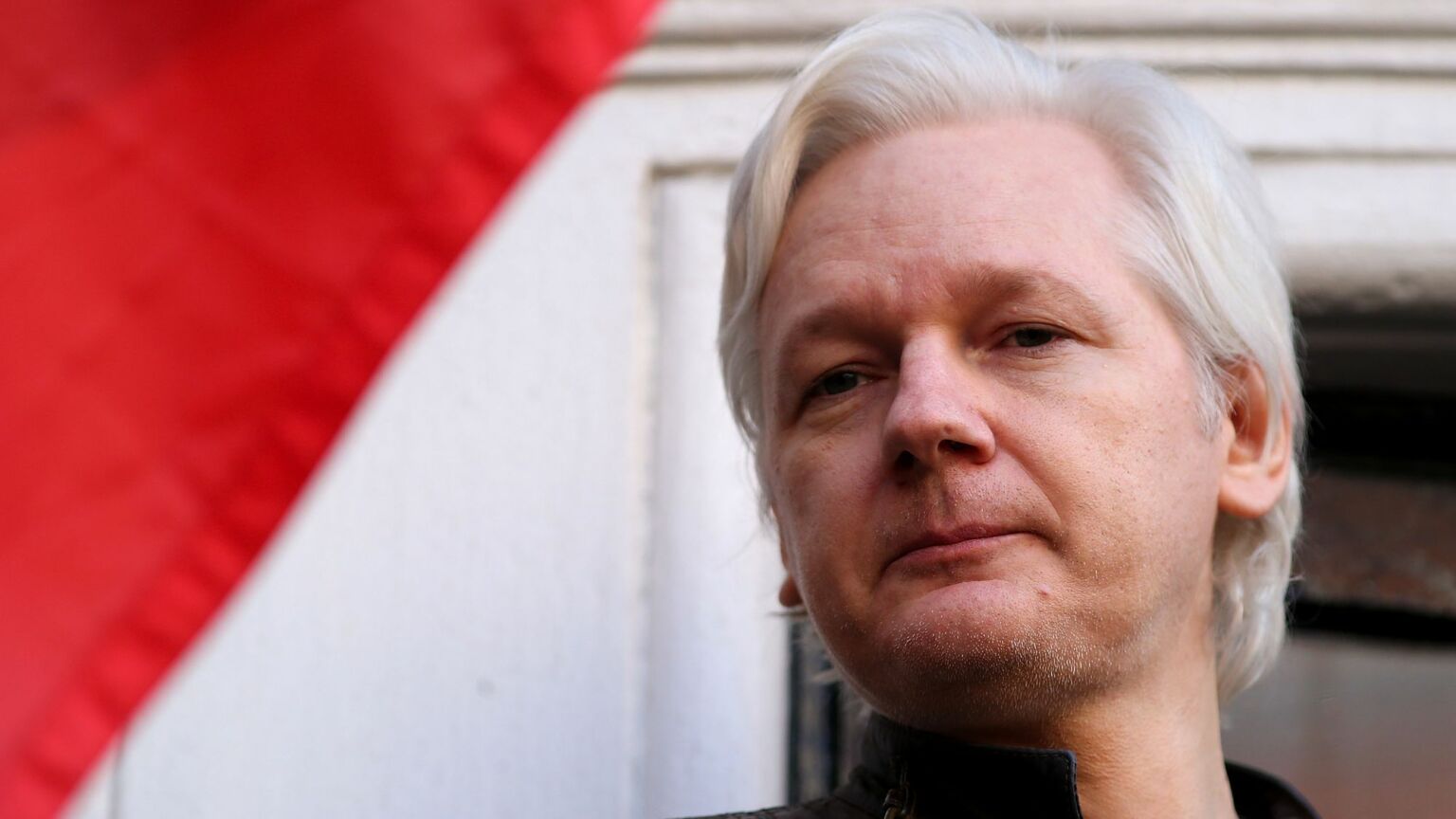Why Julian Assange must not be extradited
The Wikileaks co-founder is being criminalised for journalism.

Want to read spiked ad-free? Become a spiked supporter.
Julian Assange has been handed a temporary lifeline against his extradition to the US.
Today, the UK’s High Court announced that it would give the US government three weeks to provide ‘satisfactory assurances’ that the Wikileaks co-founder would face a fair trial and not receive the death penalty, among other things. If those assurances are not given in time, then Assange will be granted a full appeal hearing on 20 May.
Were it not for today’s judgement, then Assange could have been sent to the US within the next few days, where he faces 17 charges of espionage and one of computer misuse. If found guilty of all of these, he could be sentenced to up to 175 years in prison.
The stakes could hardly be higher. Not just for Assange personally, but also for press freedom itself. Because the ‘crime’ the authorities really want to punish him for is journalism – that is, for publishing things that are true.
Indeed, we know that Assange is in the dock for journalism because the US Department of Justice has essentially admitted as much. Wikileaks began to make a name for itself in 2010, when it published classified videos and files from the wars in Iraq and Afghanistan. In December 2010, it leaked the contents of 250,000 secret diplomatic cables from US embassies, in collaboration with the Guardian. Around this time, the Obama administration looked into the possibility of prosecuting Assange under the Espionage Act 1917, a law passed during the First World War intended for prosecuting spying and treason. But, as Obama’s DoJ was forced to concede, prosecuting Assange would also mean prosecuting ‘the New York Times and other news organisations and writers who published classified material, including the Washington Post and Britain’s Guardian newspaper’. Indeed, the stories that emerged via Wikileaks were printed and broadcast in just about every major media outlet on Earth.
What the Obama administration begrudgingly recognised was the crucial distinction between leaking or stealing classified information and publishing that information. To criminalise Assange and the activity of Wikileaks would open the door to criminalising all manner of investigative journalism. The chilling effect this would have on free speech and press freedom would be unprecedented.
Any hesitation about going after Assange disappeared in 2017, with Wikileaks’ publication of over 8,000 CIA documents. The ‘Vault7’ files revealed the techniques agents used to hack into smartphones and turn them into listening devices. This infuriated Mike Pompeo, the then head of the CIA. He publicly declared all-out war on Assange and branded Wikileaks a ‘non-state hostile intelligence service’. He said the US must not allow its ‘free-speech values’ to undermine the national interest. Two years later, Pompeo, who by then had been promoted to Donald Trump’s secretary of state, issued the 18 indictments against Assange that he is currently awaiting extradition for.
Given this train of events, there are elements of today’s High Court judgement that seem truly baffling. The judges, while granting Assange three weeks of reprieve, ruled that the US’s extradition request is not ‘political’. This is significant because extraditions for political reasons are unlawful under the UK’s Extradition Act 2003. But the indictments did have a clear political motivation; Pompeo’s personal hatred of Assange was a matter of public record at the time the indictments were issued. What’s more, the CIA and the Trump administration held high-level discussions about potentially kidnapping and even assassinating Assange while he was holed up in the Ecuadorian embassy in London.
Yes, there is a new president in the White House, but the Biden administration has just as much reason to loathe Assange. Ahead of the 2016 presidential election, Wikileaks published thousands of emails belonging to John Podesta, chair of Hillary Clinton’s presidential campaign. Many Democrats hold this leak as partly responsible for Trump’s shock victory. In other words, Democrats, Republicans and the US security state more broadly have been badly bruised by Wikileaks’ publishing. It is not hard to see a political motivation behind their persecution of Assange.
The High Court’s partial reprieve for Assange is, of course, preferable to his immediate extradition. But some of the reasoning behind the judgement is far from reassuring. Press freedom still hangs in the balance.
Fraser Myers is deputy editor at spiked and host of the spiked podcast. Follow him on Twitter: @FraserMyers.
Picture by: Getty.
To enquire about republishing spiked’s content, a right to reply or to request a correction, please contact the managing editor, Viv Regan.










Comments
Want to join the conversation?
Only spiked supporters and patrons, who donate regularly to us, can comment on our articles.